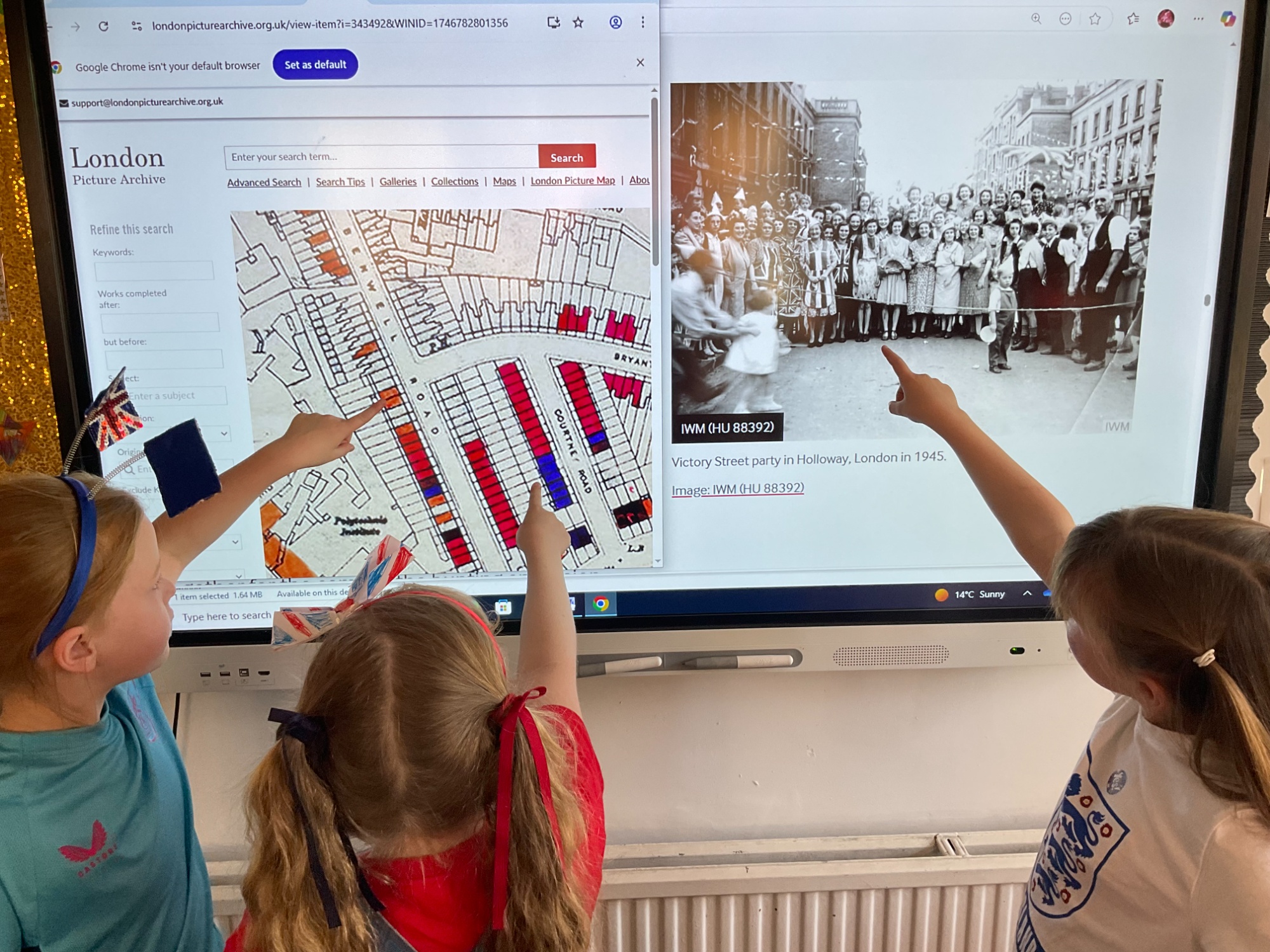Geography
Statement of Intent
Geography is an enquiry led subject that allows children to ask, answer and debate questions such as:
- Where is this place?
- What is it like? (And why?)
- How and why is it changing?
- How does this place compare with other places?
- How and why are places connected?
- What could/should the world be like in the future?
- What can we do to influence change?
At Waddington and West Bradford Primary School (WWB) children learn about their local area, and they compare their life in this area with that in other regions in the United Kingdom and in the rest of the world. They learn how to draw and interpret maps, and they develop the skills of research, investigation, analysis and problem-solving. Through their growing knowledge and understanding of human geography, children gain an appreciation of life in other cultures and the forces that drive change. Through geography lessons children are motivated to find out about their world and recognise the importance of sustainable development for the future of mankind.
Our objectives in the teaching of geography are:
- to enable children to gain knowledge and understanding of the location of locally and globally significant places and the defining physical and human characteristics that make those places unique
- to increase children's knowledge of other cultures and, in so doing, teach a respect and understanding of what it means to be a positive citizen in a multi-cultural country;
- to develop children’s understanding of the processes that give rise to key physical and human geographical features of the world, how these are interdependent and how they bring about spatial variation and change over time
- to allow children to learn geographical skills, including: the enquiry process; how to use, draw and interpret maps and other geographical information; how to collect analyse and interpret data; how to communicate and present geographical information in a variety of ways;
- to enable children to know and understand environmental issues at a local, regional and global level and how they might influence change
- to encourage in children a commitment to sustainable development, and an appreciation of what 'global citizenship' means





